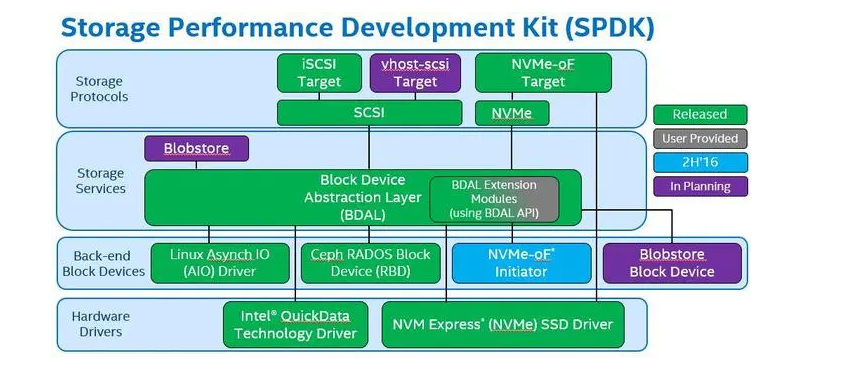Larger Address Space: One of the most significant improvements in IPv6 compared to IPv4 is the much larger address space. IPv4 uses 32-bit addresses, which limits the number of unique IP addresses to approximately 4 billion. In contrast, IPv6 uses 128-bit addresses, which can provide over 340 undecillion unique IP addresses. This larger address space allows for more devices to be connected to the internet and for more efficient routing.
Simplified Header: The header format of IPv6 has been simplified compared to IPv4. The IPv6 header is fixed-length and consists of only 8 fields, while the IPv4 header is variable-length and consists of up to 14 fields. This simplification reduces processing overhead and improves the efficiency of packet forwarding and routing.
Improved Security: IPv6 includes several features that improve security compared to IPv4. For example, IPv6 includes built-in support for IPsec, a suite of protocols used for secure communication over the internet. Additionally, IPv6 requires the use of Neighbor Discovery Protocol (NDP), which provides enhanced security through features like neighbor unreachability detection and router advertisement authentication. These features help to improve the integrity, confidentiality, and availability of network traffic in IPv6 networks.
explain three improvements in IP version 6 compared with IP version 4
本站部分文章来源于网络,版权归原作者所有,如有侵权请联系站长删除。
转载请注明出处:https://sdn.0voice.com/?id=401
发表列表
评论列表
还没有评论,快来说点什么吧~





















